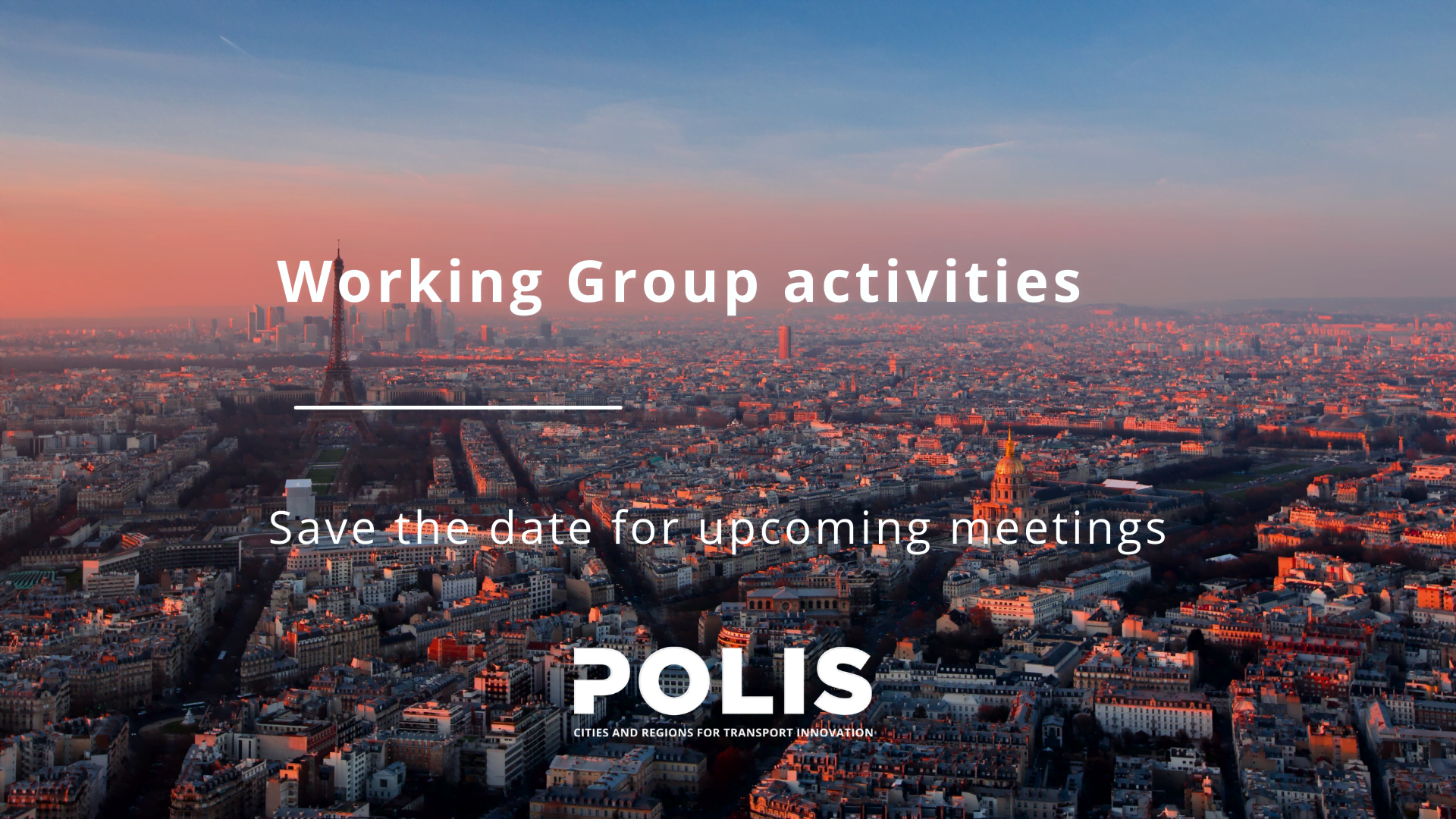Human resources for sustainable mobility: Securing the right jobs and skills
Shiny new tech is fun, but sustainable mobility will not be achieved without the right human resources.
POLIS- in collaboration with associate member, Breda University of Applied Sciences (BUas)- is bringing together a cross-disciplinary panel of cities, universities and industry stakeholders to discuss the human skills and training required for a sustainable mobility transition, how this can be achieved, and capacity for collaboration.
In these thematic sessions we will discuss how the on-going transition to liveable and sustainable cities as well as increased use of smart technologies, such as AI, automation and digitalization, blockchain, digital and augmented realities influence size, type and competence of the required mobility workforce.
The problem:
Urban mobility is changing fast. From alternative fuels to Mobility as a Service (MaaS), new transport technologies and services are continually emerging.
Many predicted such digitalisation and automation would eliminate the need for human personnel. Yet, we are witnessing the opposite; electrification, clean fuels and automation have in fact intensified demands on the transport sector’s workforce. The explosion of sustainable modal options requires specialised technical skills and proficient governance capabilities.
In any industry, expertise always need replenishing; however, the pace of change- and the importance of meeting climate targets- makes this particularly pertinent for the urban mobility sector.
Across several meetings tailored to specific mobility fields, we ask:
- What are the main trends within mobility ecosystem that ask for new/re-educated type of the workforce?
- What are the requirements for the current and future labour?
- What are the main gaps in competences and skills that are currently being offered or will be required to carry out the necessary mobility transition in a short term future?
- How can higher education and research institutions equip cities and operators with the human resources needed to achieve mobility goals?
Traffic management
Date: 7 October, 2021
Time: 9:30-11:00am CET
The first meeting will discuss traffic management. Digitisation, data sharing, automation and associated legislative changes are transforming the way traffic is operated. This requires a systematic understanding of the new technologies and services, how these can enhance operations, coordinating new transit modes and access regulations.
Freight
Date: 3 November, 2021
Time: 9:30-11:00 am CET
The second meeting will explore Urban Freight. Efficient logistics system is essential for the sustainable, liveable and economically prosperous city. Freight is being transformed by innovative technologies; from low emissions zones to electrification and storage solutions, the game is changing fast, and competition is growing. At the same time changes in the retail system and new types of logistics flows; automation and robotisation are creating new demands.
Yet, for all this automation, it remains an incredibly human resource intensive sector. We will discuss key trends shaping requirements for the urban freight workforce and the impact of technology, policy and economic changes.
For more information please contact Isobel Duxfield.


